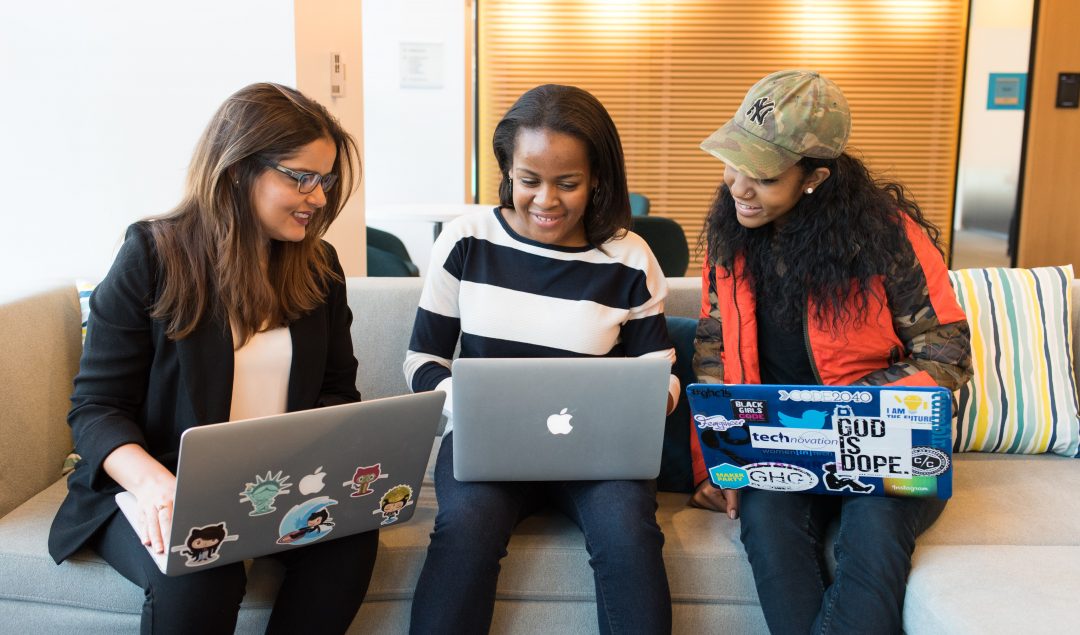Majority Of Tech Recruiters Believe There Is Bias In The Job Hiring Process – Poll

According to a poll carried out by CoderPad, a candidate assessment platform, a majority of tech recruiters believe there is bias in the job hiring process.
The research, which included participants from 131 countries, had 4,000 tech workers respond and almost 4,000 recruiters, half of whom were based in Europe.
Almost 65 percent of them said bias was an issue in tech recruitment.
Lack of diversity in tech is an issue that has been around for decades – that we know. Back in 2014, big tech companies acknowledged the gap and made it a public goal to increase diversity in their workforces. At the time, 85 percent of the global tech workforce at Meta (formerly Facebook) were men and just 1 percent of the company’s US tech employees were black.
But it is rare to hear recruiters say they know that there is a problem with how the system and hiring process works.
Moving to a skills-based assessment in the hiring process was the most favored way to help reduce bias by recruiters surveyed by CoderPad, with 42 percent of respondents saying their company has started doing it.
Implementing equal pay and proactively sourcing diverse candidates were the other most popular solutions chosen by recruiters.
The Wiley researchers also suggested that there should be a bigger focus on bridging the gap between college and the first step on the career ladder.
“The majority of businesses surveyed said they have trouble recruiting diverse tech talent at the entry level,” they wrote.
“In order to achieve greater diversity at a junior level, businesses must actively work to widen their talent pool, publicising their roles to a wider variety of people and encouraging them to apply”.
They also suggested increased on the job training and companies to hold unconscious bias workshops for employees.



